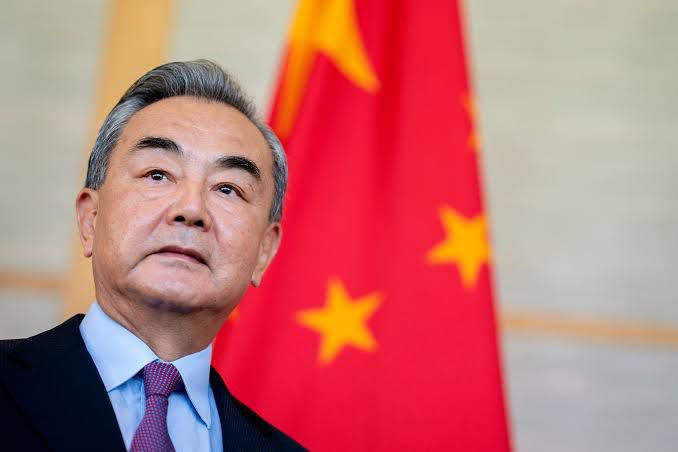 Image Source: South China Morning Post
Image Source: South China Morning Post
Tensions between Beijing and Washington escalated this week after the U.S. extended birthday greetings to the Dalai Lama, prompting a sharp response from China’s Foreign Ministry. Beijing accused the U.S. of meddling in its internal affairs and warned against sending “wrong signals” to pro-Tibet independence forces.
Key Highlights:
- The Chinese Foreign Ministry urged the U.S. to stop interfering in China’s domestic matters and to respect its sovereignty over Tibet, which China refers to as Xizang.
- Spokesperson Mao Ning stated that the U.S. is “in no position to point fingers” at China and must be “fully cognizant of the sensitivities” surrounding Tibet-related issues.
- The remarks follow public birthday wishes extended to the Dalai Lama by U.S. officials and a recent visit by a U.S. congressional delegation to Dharamshala, India, where the Tibetan spiritual leader resides in exile.
- China reiterated its stance that the Dalai Lama is a political exile engaged in separatist activities under the guise of religion.
Geopolitical Context:
- Beijing views any official engagement with the Dalai Lama as a challenge to its territorial integrity and a violation of the One-China policy.
- The U.S. has maintained that it supports religious freedom and human rights in Tibet, while not officially recognizing Tibetan independence.
- China has also voiced strong opposition to the U.S. Tibet Policy and Support Act, which calls for dialogue between Beijing and Tibetan leaders.
Outlook: This diplomatic flare-up adds to the growing list of U.S.-China flashpoints, including Taiwan, trade, and the South China Sea. Analysts expect Beijing to continue pushing back against any perceived legitimization of the Dalai Lama’s political role.
Sources: ANI, South China Morning Post, Times of India, Indian Express, Firstpost
Advertisement
Advertisement




